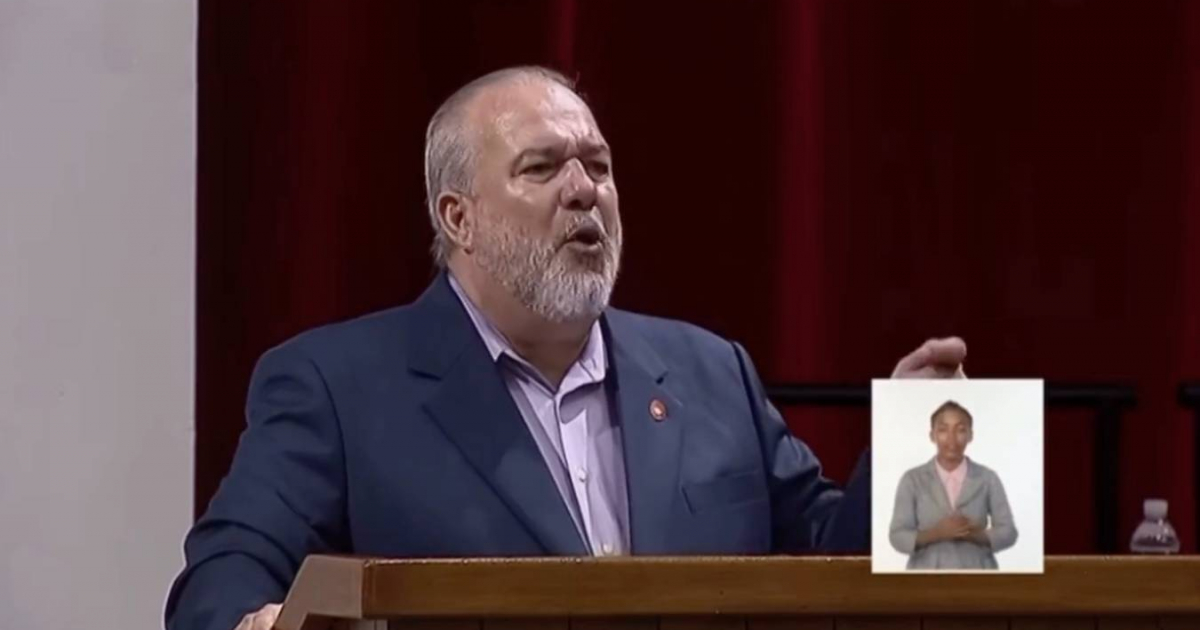
During an intensive operation carried out between the 12th and 13th of July, the Cuban government closed 53 private businesses after conducting 891 inspections throughout the country.
Prime Minister Manuel Marrero Cruz reported that during these inspections, more than 4,000 violations were detected and fines totaling over 13 million pesos were imposed on Micro, Small, and Medium Enterprises (MSMEs), as reported by Cubadebate.
Among the main infractions detected are the hiding of products beyond the price ceiling set by the government and the sale of goods at unregulated prices.
Marrero Cruz highlighted that 354 forced sales were carried out at established prices, and products were confiscated in 21 additional cases.
"We are going where the products are," stated the Prime Minister, emphasizing that the purpose of these actions "is not to close businesses, but to ensure compliance with regulations."
However, he emphasized the need to take strong measures to control prices and ensure the accessibility of goods for the population.
This inspection and regulation process started on July 8 and has been ongoing, with exchanges and meetings with 4,363 non-state management forms.
Marrero Cruz explained that price caps were established to curb their uncontrolled growth, although he acknowledged that they still do not reflect the appropriate relationship between prices and wages; and that prices at state-operated stores in Freely Convertible Currency (MLC) are selling at the same or higher prices than small and medium-sized private enterprises.
The Prime Minister stated that there are currently 7,300 inspectors on the streets and that this number could increase to 20,000.
"The definitive solution to high prices is to produce more and increase the supply of goods and services to the population," added Marrero Cruz.
Despite these actions, Marrero Cruz clarified that the government is not aiming to indiscriminately close businesses, but to persuade the merchants to comply with the established regulations.
"We will continue with this confrontation, we will carry out joint and systematic actions," he concluded.
These measures are part of a context of economic crisis in Cuba, where inflation and shortages of basic goods have severely affected the population.
The day before, the president Miguel Díaz-Canel said that it is not a "witch hunt" against private enterprises, but called for "reordering" these initiatives.
Marrero Cruz argues that although the prices at state stores in MLC are higher than those of some products that have been encountered; "it is unfair to make that comparative analysis" because the "currency collecting stores are facing a scenario as complex as the one we have expressed here. They do not buy those resources, the chicken, the oil, in the same markets where the non-state forms of management buy them," he emphasized when addressing the National Assembly this Wednesday.
He said that state stores "do not deal with the illegal currency market, they work at 1x120, therefore the analysis is different, they have to go buy at more distant markets at higher prices because we have had difficulties in paying suppliers, paying very expensive freight, so it is not fair to make that analysis," he justified.
The Cuban government capped the price of several products sold by Micro, Small, and Medium-sized Enterprises last week and has since fined establishments that fail to comply with the measure.
What do you think?
COMMENTSaved in: